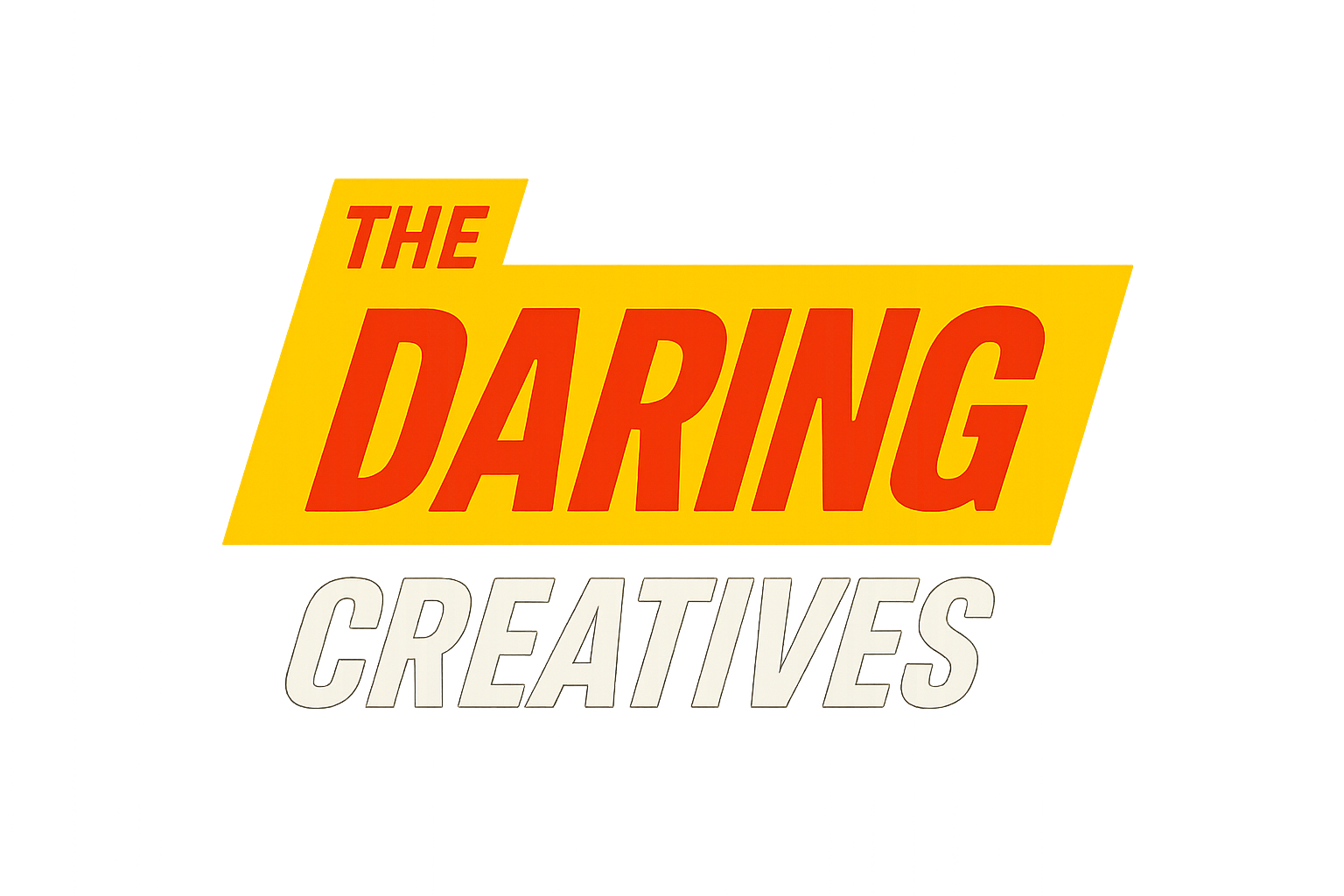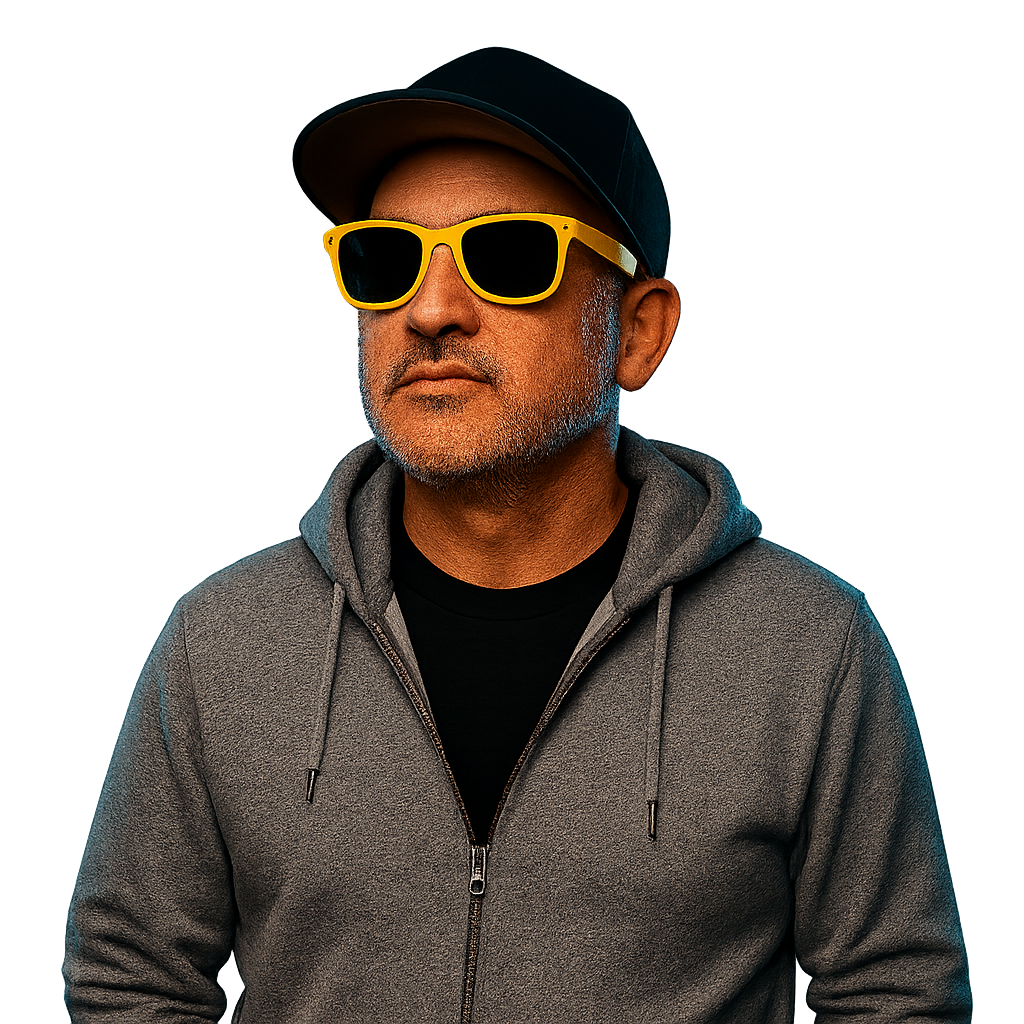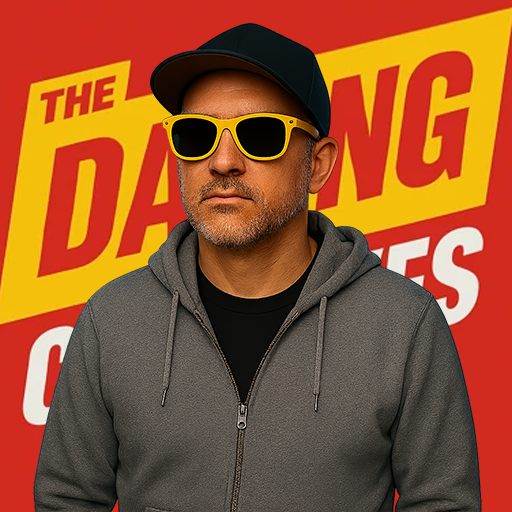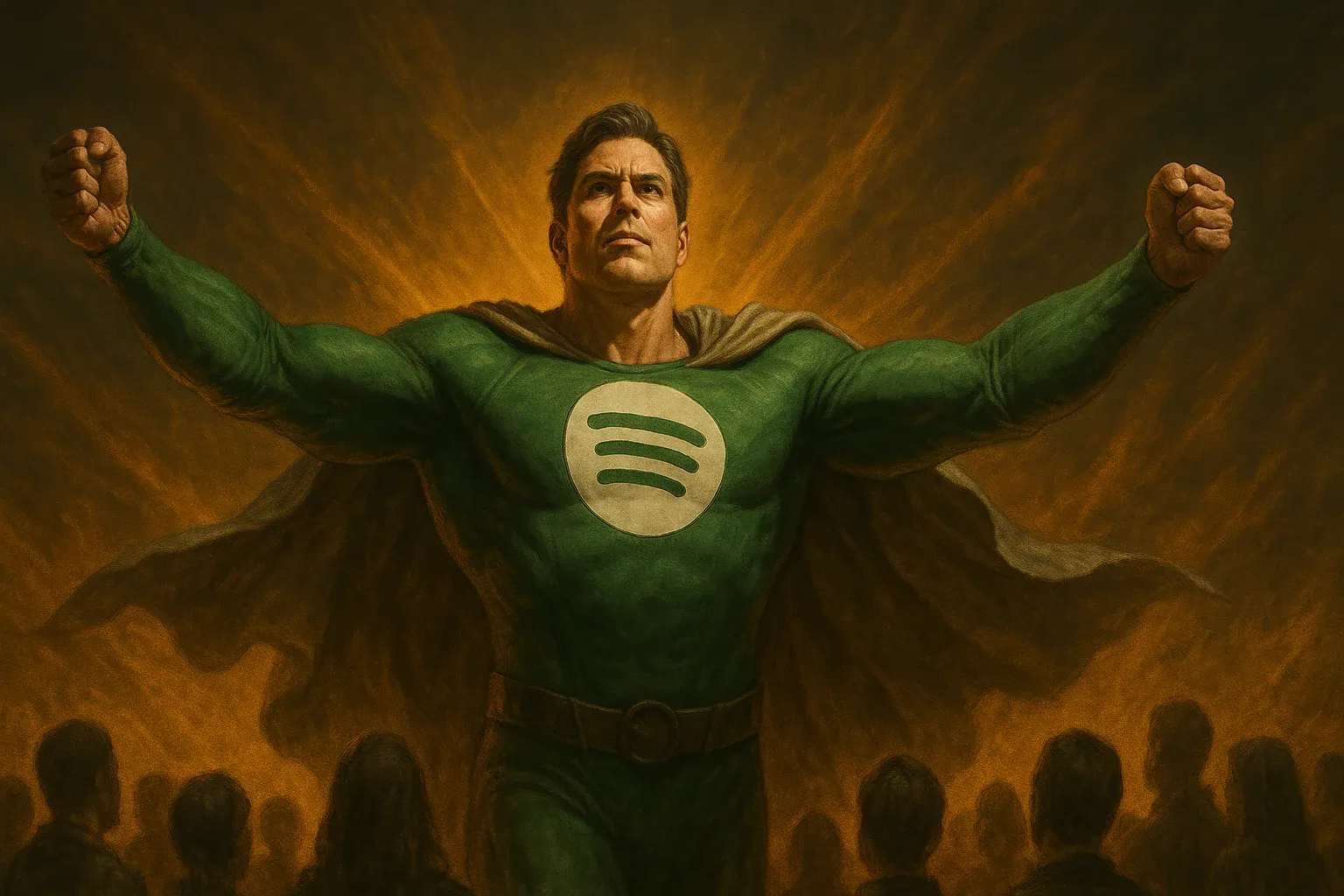Spotify wants to define what “responsible AI in music” looks like. That’s rich coming from the company that spent the last decade turning musicians into data points. The same company that boasts about removing 75 million AI-generated “spam tracks” is now partnering with major labels to pioneer “artist-first” AI tools. They’re scrubbing the mess they helped create, then selling the cleanup as innovation.
The announcement sounds noble: protecting artists, ensuring credit, building ethical standards for AI.
But this is the same platform that’s been accused of underpaying the very artists it claims to champion. For years, musicians have fought over fractions of pennies per stream while Spotify executives gave TED Talks about democratizing music. Now they’re positioning themselves as the moral authority on how technology should coexist with creativity. Forgive me if that doesn’t inspire confidence.
The problem isn’t that Spotify is using AI. It’s that they want to be the referee of it. When the company that disrupted the music industry’s economics now wants to write the rulebook for its next transformation, you have to ask: who benefits? Because if history is any guide, it won’t be the people actually making the music.
Spotify’s entire model has always been about control.
Control the distribution. Control the data. Control the playlist that decides what millions of people hear next.
AI is just the latest thing to control. “Responsible AI” becomes a way to centralize creative legitimacy—to decide what counts as authentic art and what doesn’t. That’s a bigger threat to creativity than any new model could ever be.
AI doesn’t break creativity, but it does reveals how fragile our definitions of it have become. For most of human history, learning from what came before wasn’t just accepted; it was the point. The blues became rock. Rock became punk. Sampling built hip-hop. Every new sound came from reinterpreting someone else’s. Copying used to mean you were inspired, and you cared!
Now the line between inspiration and theft feels blurry, but maybe that’s because the skill barrier disappeared. When you can mimic a sound or voice instantly, it can be easy to start to confuse effort with authenticity. But originality has never come from the tools—it’s come from taste, context, and meaning. If a machine learns from a million songs to generate one that moves you, is that theft—or evolution?
That’s the conversation we should be having. Not how to lock AI down, but how to use it well.
The people best positioned to lead that aren’t streaming executives or label lawyers. They’re the artists, producers, and independent creatives experimenting in real time—people who still see music as a language, not just output.
AI won’t ruin art. But platforms that treat creativity as inventory might.
The challenge isn’t keeping machines out of music—it’s keeping the meaning in. When every song can be generated on demand, the rare thing becomes the story behind it: who made it, why, and what it represents. That’s where artists will find their leverage again—not through scarcity, but through sincerity.
Spotify wants to lead the next chapter of music’s relationship with AI. Maybe they will. But leadership doesn’t come from writing press releases about responsibility. It comes from rebuilding trust. Until then, the question remains: should the company that broke the system really be the one to reinvent it




